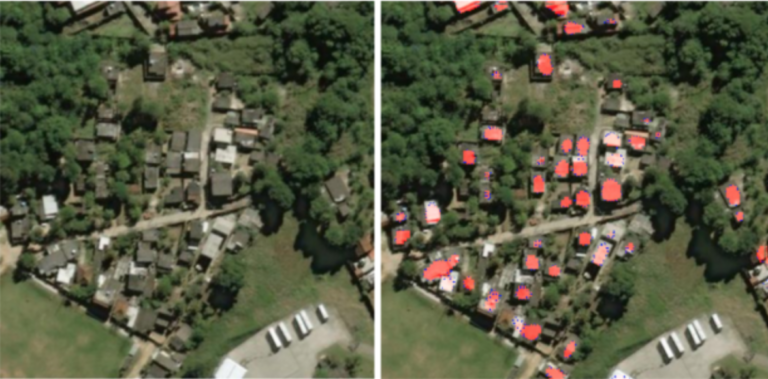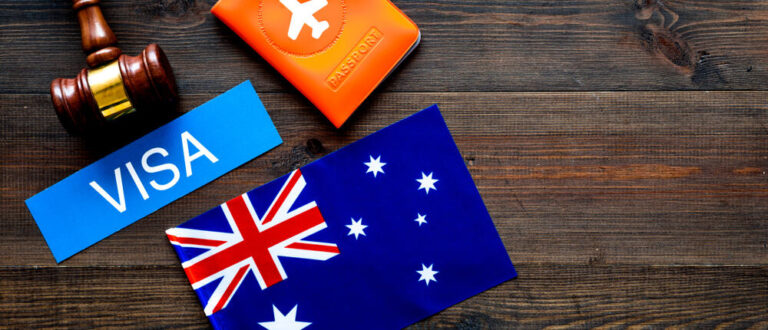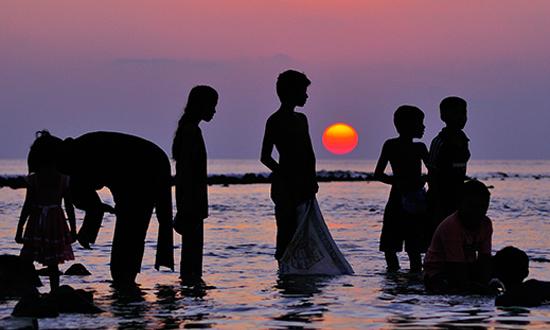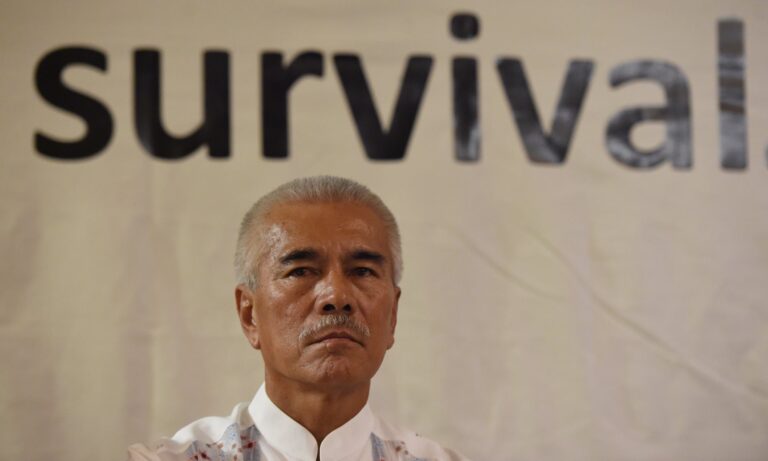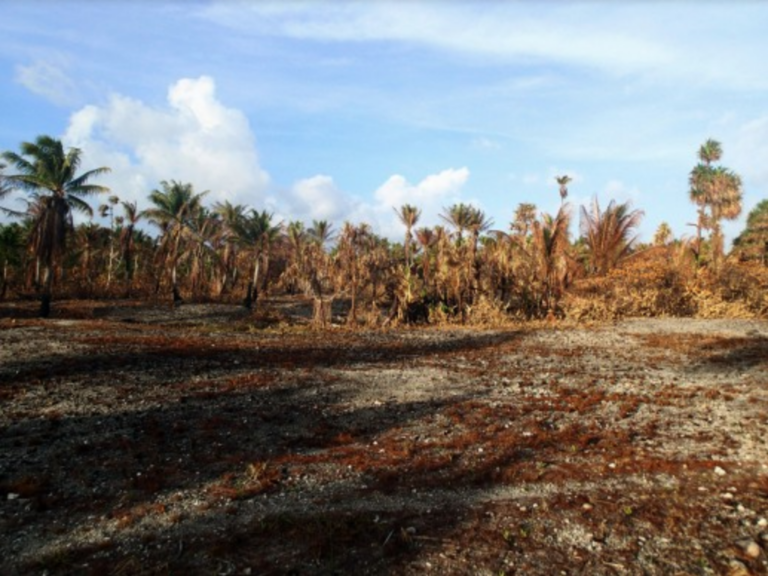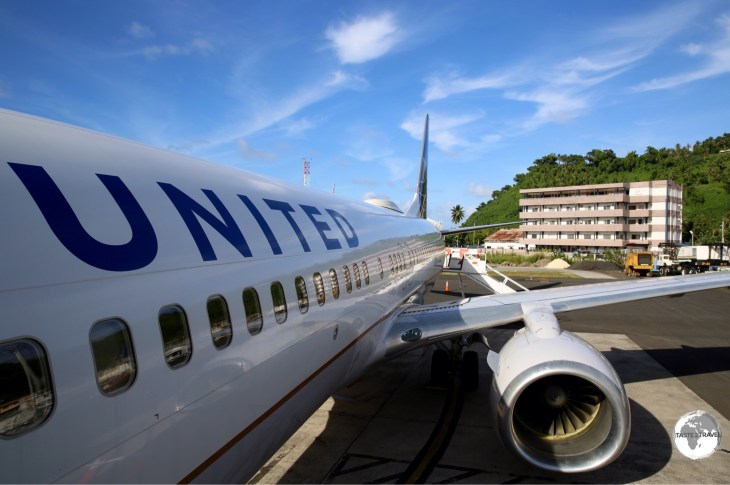Convolutional Neural Networks (CNNs) are neural networks that can process images and identify objects within them. Although these methods of machine learning have been around for a long time, it was only within the past 10 years that the error of image classification was reduced to 15%, leading many companies… read more
Managed Retreat/Migration
Great Power Relations with Oceania Nations
Under the assumption that the current trajectory toward irreversible climate change will continue, this post examines the most likely populations that will move and the pre-existing connections they have to other, larger nations. *An important note: this post does not examine intra-regional migration, but rather discusses the role of larger… read more
Defining populations at risk and where they may migrate
Migration from and within the Oceania region is likely to occur as a result of climate change and related extreme weather events. Thus, it is necessary to ascertain which populations are most at risk of forced displacement due to inhospitable living conditions and to where they are likely to relocate.… read more
Does the ‘Kiwi Dream’ still exist for Pasifika Peoples?
Much like in the United States, the concept of the “Kiwi Dream” was born out of the idea that a growing economy and strong work ethic could provide a platform for social and economic mobility, regardless of one’s background. For many Kiwis, this dream manifested itself in the idea of… read more
Comment dit-on le “climate change” en Français? (3/3)
(This blog post completes my three-part series on France’s role as a stakeholder in our considerations of grand strategy. You can find part 1 here and part 2 here.) What are the French stakes in disaster risk reduction in Oceania? And how does the French role influence the United State’s… read more
When is a refugee not a refugee?: ‘Climate migrants’ in Oceania
Climate change is reshaping Oceania. Rising sea levels are physically changing the boundaries of island nations, rendering some coastal areas uninhabitable and leading to saltwater contamination of freshwater resources. Increasing ocean temperatures are causing fundamental shifts in fisheries’ food webs, with consequences for both sustenance and the economic livelihoods of… read more
Rejecting Reality: Kiribati’s Shifting Climate Change Policies
In December 2015, world leaders passed the groundbreaking Paris Agreement at the 21st United Nations Framework Convention on Climate Change Conference of Parties (COP 21). In early December, world leaders met again in Madrid at COP 25 to negotiate details of the Paris Agreement and “were unable to reach consensus… read more
“What do they do if the fish are gone?”: Fisheries and Human Migration
Fisheries play a prominent role in the cultural identity, economy, and ecology of Oceania. As climate change and IUU fishing interact to place immense pressure on the global fisheries system, the people of the Pacific Islands face the loss of not only their culture and land, but their fisheries-based livelihoods… read more
Modeling and Protecting Freshwater Resources for Disaster Resilience
In 2016, a drought on the Marshall Islands caused over 16,000 people to suffer from extreme water shortages. The government declared a state of emergency well after freshwater wells had already been contaminated by seawater, leaving thousands to drink from coconuts for survival. This picture is unfortunately not uncommon for… read more
Melanesian and Micronesian Perspectives on Mobility and Migration: What lies ahead?
In the wake of looming threats of rising sea levels, intensified natural disasters, and increasingly untenable land across certain Oceanic countries, foreign decision makers have begun to increasingly discuss how the concept of managed retreat may fit into our current global immigration status quo. What may be a more fruitful… read more


